Advertisement
Everyone poops, but here’s what may affect how often you visit the toilet
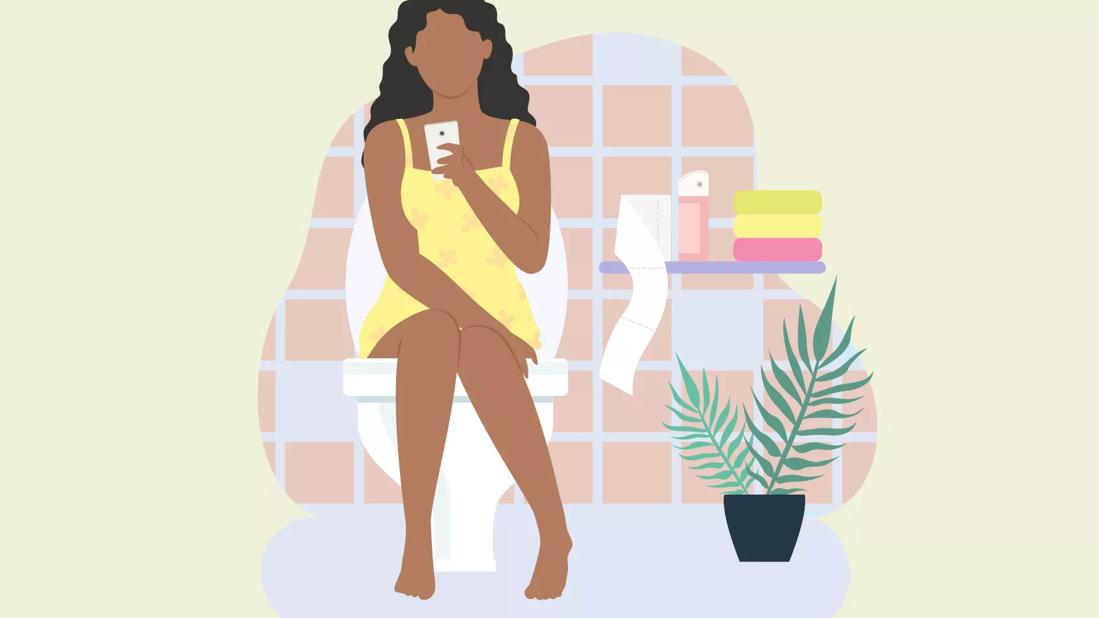
We all poop. But how often should you be headed to the bathroom?
Advertisement
Cleveland Clinic is a non-profit academic medical center. Advertising on our site helps support our mission. We do not endorse non-Cleveland Clinic products or services. Policy
It varies from person to person and is based on different factors like your diet, age, activity level and if you have any conditions like irritable bowel syndrome (IBS) or inflammatory bowel disease.
And when you have the urge to go, you should be able to sit down on the toilet, and within a few minutes, you should be done (with minimal straining, if any).
Colorectal surgeon Michael Valente, DO, explains how food gets digested and how often you should have a bowel movement.
The time it takes for food to make its way through your digestive system also varies from person to person. It takes different amounts of time for men and women to digest their meals, too.
It can take anywhere from two to five days for food to be fully digested and exit your body. When you eat, food goes through your stomach and small intestine — a process that can take six to eight hours — before entering your large intestine.
Once in your large intestine, it can take around 36 hours for food to be fully digested before you’re ready to have a bowel movement. A bowel movement is when stool, or the matter that’s left over after your digestive system absorbs the nutrients and fluids, exits your body through your rectum and anus.
“If you have a proper diet with good fiber and enough water intake, your bowel movements should be a very short occurrence,” says Dr. Valente.
Don’t be alarmed if you don’t have a bowel movement each day.
On average, you should poop about three times a week. But again, it all depends on the individual. If you always poop multiple times a day and your stool is soft and easy to pass, then you’re good.
Aim for a diet full of fiber from whole grains, fruits and vegetables — this will help you have bowel movements pretty regularly. If your diet is lacking in fiber, you may notice you don’t poop as often. Most adults require 25 grams (g)–35 g of fiber per day.
Staying hydrated is also key to healthy bowel movements. Water helps keep food moving through your digestive system and keeps it soft. You may experience constipation if you’re dehydrated. Approximately 64 ounces (or 2 liters) of water per day is recommended.
Another reason you might be constipated? Your age. As you get older factors like reduced mobility and certain medications can affect how often you poop.
Exercise, even walking, can also help keep your bowel movements regular and healthy. By being active, you keep your digestive system working.
If you have a chronic illness like IBS, you may notice your bowel movement pattern can shift from frequent bowel movements to feeling constipated.
Advertisement
“The most common reason for difficulty having a bowel movement is a lack of fiber and fluids in an individual’s diet,” notes Dr. Valente. “Thankfully, difficulties in passing bowel movements are easily corrected by starting and maintaining good eating and drinking habits, as well as an active lifestyle.”
Again, it depends on each individual. Most people have a bowel pattern that’s regular for them, whether that’s once each morning or three times a day.
But whenever you’re ready to head to the bathroom, the first thing you need to do is leave your electronic devices outside the bathroom, says Dr. Valente. Don’t take the newspaper, your book, your phone or any other device in there with you.
“The bathroom is meant for one reason and one reason only — and that’s to empty your bladder and have a proper bowel movement,” stresses Dr. Valente. “Five minutes really should be the maximum time you spend in the bathroom.”
Advertisement
Learn more about our editorial process.
Advertisement

From staying hydrated to staying on schedule, these tips can help you stay regular on-the-go
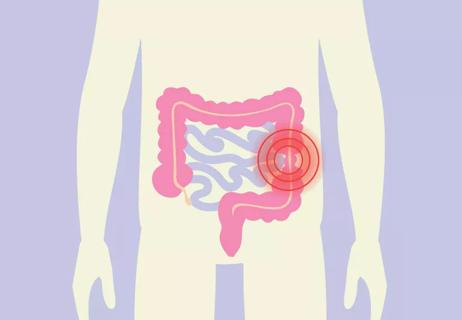
Symptoms of IBS usually include abdominal pain, coupled with bloating and more

Dietary and behavioral changes can help get things moving again
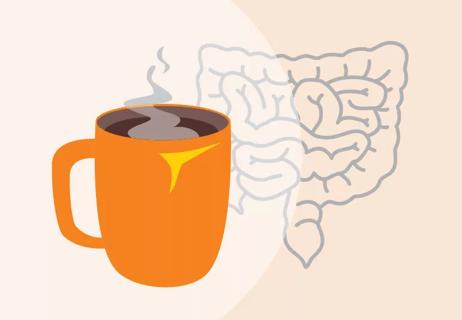
Coffee is better (and safer) ingested than injected

This traditional Chinese medicine formulation may help with stress, depression and more

IBD is an inflammatory disorder, while IBS is a group of symptoms, but both need treatment
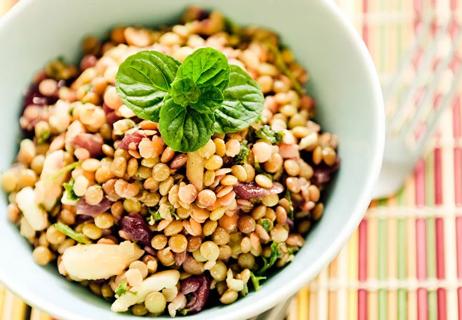
From blackberries to barley, healthy high-fiber foods are plentiful
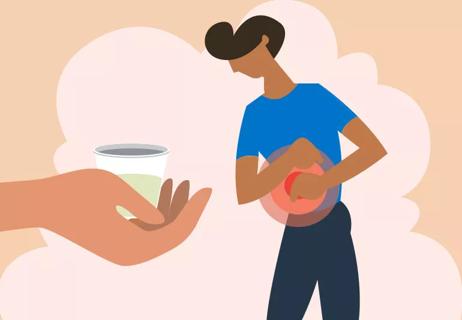
Developed in the 1800s, this remedy remains a viable solution today

Focus on your body’s metabolic set point by eating healthy foods, making exercise a part of your routine and reducing stress

PFAS chemicals may make life easier — but they aren’t always so easy on the human body

While there’s little risk in trying this hair care treatment, there isn’t much science to back up the claims